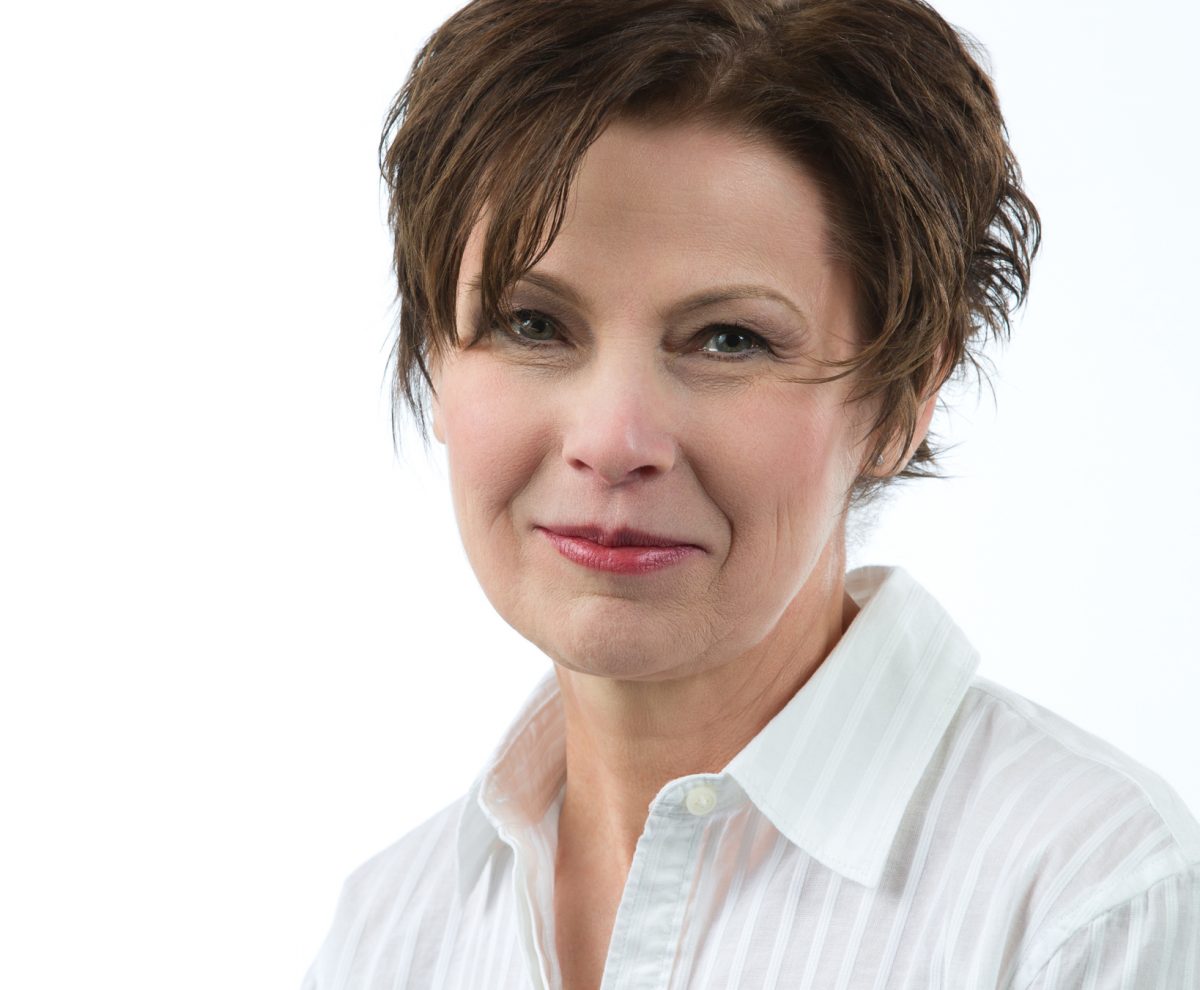
New dept head of pediatrics looks to drive change
Dr. Patricia Birk is coming into her new role with a plan. As of August 1, 2019, Birk became the newly appointed head of the department of pediatrics and child health, Max Rady College of Medicine at the Rady Faculty of Health Sciences and provincial specialty lead–pediatrics & child health. Drawing from experiences and observations gleaned over the course of her 20-year career, she has a clear-eyed view of the future of the department under her direction.
Birk says she was attracted to pediatrics in part because of the acute care aspect and because of the “potential for recovery” in the patient population (meaning that while there is a component of the profession involving very sick patients, many patients do recover).
“Pediatricians are kids at heart,” Birk says, “I think pediatrics in and of itself keeps me young.”
While attending medical school at the University of Manitoba, Birk took a nephrology course taught by her now colleague Dr. Keevin Bernstein and ended up choosing pediatric nephrology as a specialty.
“I always liked the logic and thought processes that went into nephrology,” she says, “I like the problem solving aspect of it. I liked the practice of it in my pediatrics residency. It was a natural fit.”
Birk credits mentors Dr. David Rush, a world-renowned transplant nephrologist, Dr. Peter Nickerson, who helped establish the national organ transplant registry and Dr. Paul Grimm, a pediatric kidney transplant researcher and clinician, for leading her down her chosen career path.
Once graduating with her MD in 1990, and completing her pediatric residency at the U of M in 1993, she went on to a pediatric nephrology fellowship at the University of Minnesota, world-renowned for pediatric kidney transplantation. Upon returning to Winnipeg in 1997, under the mentorship of Rush, Birk established a protocol biopsy program for kidney transplantation, which aligned with Rush’s earlier work in adult kidney transplantation. The program changed the standards of post-transplant care for pediatric renal transplant recipients nationally and internationally.
In 2013, Birk was named section head of pediatric hospital medicine in the Department of Pediatrics and Child Health at the University of Manitoba and tasked with developing a newly formed academic section. She created, with the help of colleagues, a thriving section involving in-patient care for hospitalized children.
She was appointed site medical director for the department in 2017 during a time of multiple stresses on the health-care system, due in large part to the increasingly complex medical and social case mix of hospitalized children. She was tasked with optimizing bed flow within the Children’s Hospital, which now has some of the best statistics in Canada.
Birk realized that teamwork and shared responsibility between physicians, nurses and allied health was crucial to improve the patient experience and move new initiatives forward. The Children’s Hospital is now routinely cited site-wide as a model of inter-professional collaboration.
“If I had any legacy as a site director, it’s that everyone now recognizes the importance of working collaboratively. That’s how you get results,” she says.
Moving forward, Birk will focus on four pillars during her tenure:
- Help acute and chronic care patients and their families better navigate the health system and develop complex care services to provide patients with supports when they return to their communities.
- Develop pediatrics as a centre of academic excellence for medical education through collaboration with undergraduate and postgraduate leaders.
- Embed diversity and reconciliation within the hospital to drive change and set expectations both academically and within the hospital culture, focusing on the promotion of Indigenous people, immigrants, LGBTQ, and women.
- Develop and promote research, seek funding partners to advance knowledge translation and create an innovation hub within the department.
Mentorship is also high on Birk’s list of priorities and she wants everyone working in the Children’s Hospital to achieve their highest potential.
“When people feel valued and empowered, they are more productive and happier in their work – ultimately that positively impacts patient care,” she says.
Birk is passionate about social change. She is adamant about embedding anti-discrimination policies and embracing diversity within the department, taking her lead from Dr. Brian Postl, dean, Rady Faculty of Health Sciences, and fellow pediatrician.
“There is a long history of pediatricians driving positive change, because we live it every day,” she says.
As a pediatrician, Birk heard numerous first-hand accounts from Indigenous patients and students about discrimination they faced within the health-care system. Stories from Dr. Catherine Cook (vice-dean, Indigenous Health, Rady Faculty of Health Sciences) and testimonies from the Truth and Reconciliation Commission have also left an impact on the new department head.
She estimates that at least 40% of her patients in her professional practice are Indigenous. In Manitoba, over 30% of the indigenous population is under the age of 14.
“We are in a pivotal time in our society. We cannot ignore the history of residential schools, the Missing and Murdered Indigenous Women’s inquiry and the Brian Sinclair inquest,” Birk says, “We need to acknowledge these events institutionally and improve processes for health care access for Indigenous children.”
Birk plans to promote Indigenous leads within her department, hoping it will lead to a succession of more Indigenous leaders down the line.
“Academic institutions can set an example for the rest of society. As a leader, you need to be deliberate about enacting cultural change – you cannot rely on solely on an individual’s good will. My ultimate goal as a leader is to foster positive change and cultivate the next generation of leaders.”






